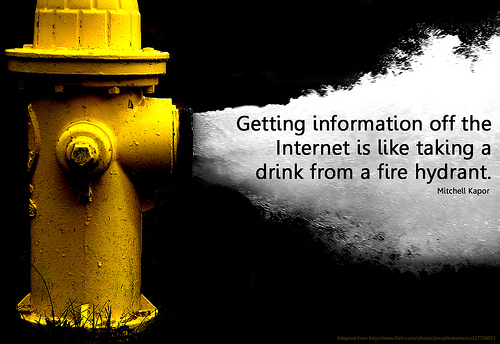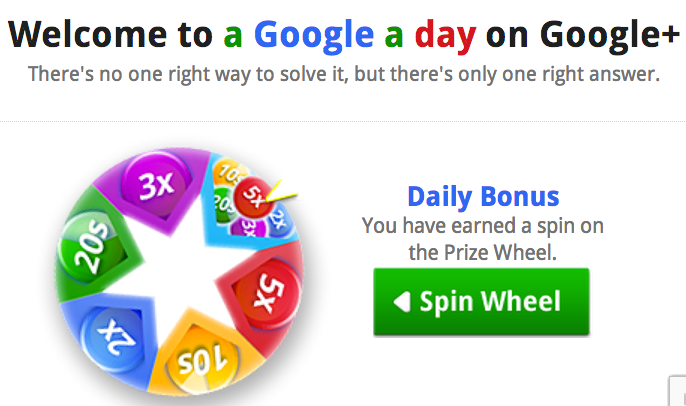At the end of the year the library staff do a series of very short sessions with the year 10s to support their transition into year 11. Our team showcases databases and other online resources, talks about learning styles, and the such. My session last year centred on Google Search, with the students doing A Google a Day. Since last year Google have enhanced this program with a very catchy game which is sure to engage students. This year I thought I’d expand my focus area to include aspects of digital citizenship.
This is how I intend to proceed. I’m starting with a question which I think cuts to the core of learning and teaching in our age:
In the age of Google, what are the most important skills we need to develop?

There’s no doubt that, in order to manage and make sense of information on the internet, we need to be smart online. Students’ online and offline lives merge into one; they are always connected, and so they need to be netsmart just as they should be ‘life smart’. There’s enough material here for a year’s program, and while creating libguide resources for Digital Citizenship, I’ve been wondering how I can convince the school of the value of this.
Since I only have one short session with the students, I’m going to briefly talk about 2 aspects of being netsmart –
1. Our Privacy online (We need to be smart and discerning)
2. Critical consumption (or what Howard Rheingold calls ‘crap detection’)
So, first our privacy online. I’ll start by showing the students this video that Jenny Luca has shared in her blog post.
[youtube http://www.youtube.com/watch?v=F7pYHN9iC9I]
Hopefully the video will engage the students and spark some thinking about how much can be gleaned online about their personal information. Of course there’s so much sensationalised and biased information in the media demonising young people’s online lives but I’m not sure if that doesn’t just make them switch off. I’m hoping that the humorous approach will engage their attention so that the final message will sink in.
Following that I intend to challenge the students to google themselves and each other, making them think about what other people would find out about them if they were googled. I wonder how many would start to be worried about what their digital footprint might look like. Actually, I’m not sure they would find much about themselves online, and this would be a perfect opportunity to discuss the positive aspects of their digital footprint, and how they could create one which would impress a future employer or at least create a transparent, positive identity they would be proud to present to the world. I think the obvious question also needs to be asked: why do they need a digital footprint in the first place?
I’m also keen to discuss, as Jenny did, the difference between http and the secure network communication using https. Jenny said she was surprised that many students didn’t realise the difference and were impressed with the information.
Finally, I’ll be showing the students the Facebook tab in the Digital Citizenship Libguide, and we’ll discuss how privacy works on Facebook, and talk about advanced privacy controls.
Then we’ll move on to the very important aspect of being netsmart which includes critical consumption (crap detection). We’ll read through a summary of Web hoaxes and misinformation, and the students will form small groups to ‘evaluate the websites’ in the list on the Libguide to decide which are not reputable, and match them with a category from web evaluation box. They won’t have time to work through the Internet Detective tutorial but I included it because it’s such a useful and specific lesson on the identification of disreputable websites.
There are so many more areas to cover but for now I will settle on the collection of resources in the tabs within the Digital Citizenship guide: cybersafety, digital values, digital footprint, Facebook, copyright, being net smart, Creative Commons, web evaluation, digital literacies and our networked world. Hopefully we will have the opportunity to work with students within these areas next year.

Image source: http://www.veletsianos.com/

